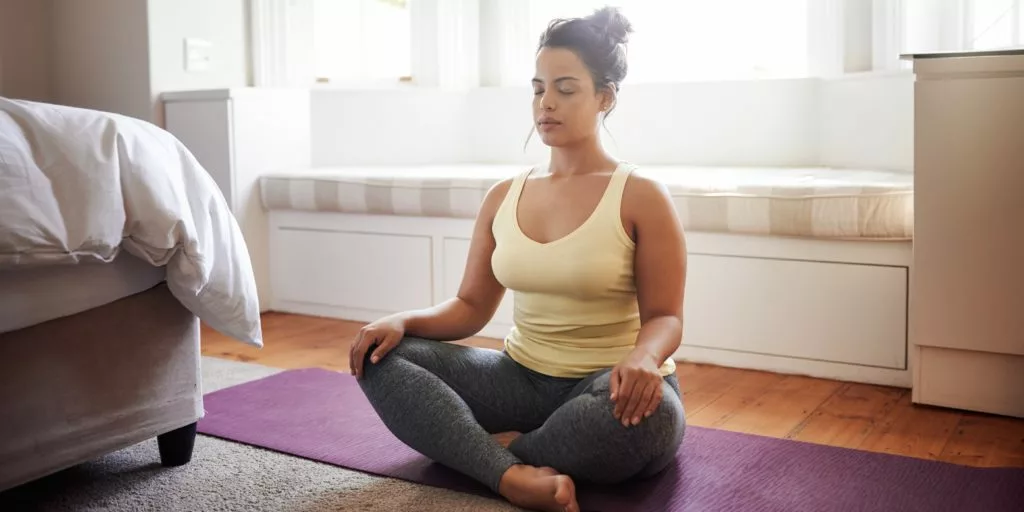Stress Awareness Month: How to Manage Stress
April not only marks National Stress Awareness Month, but it also marks the time in the year where students begin to knuckle down and revise for their summer exams (coincidence?!). But there are some things we can do to combat stress whether it be education related or personal – one of key things being learning to relax.
Learning to relax is one of the best ways to deal with stress and its physical and emotional symptoms. Relaxation gives your body and mind a chance to calm down and recuperate. Some of the benefits include:
- decreased muscle tension
- lowered blood pressure
- increased energy
- decreased irritability
- increased ability to concentrate
- better sleep
- slower breathing and heart rate
- a general feeling of wellbeing
Here are some tips to help yourself to relax and ease stress. First, find a comfortable place, free of distraction.
Deep breathing
Concentrate on your breathing. Inhale with slow, deep breaths through your nose, and slowly exhale through your mouth. Imagine calmness entering your body with every inhalation and tension leaving your body with every exhalation. Counting each breath will help you stay connected to your breathing. Try to extend your exhale to be a few seconds longer than you inhale.
Progressive muscle relaxation
Lie down on a bed, sofa, or floor – anywhere you can comfortably stretch out. Breathe in and out slowly and deeply while you concentrate on each of the muscle groups in your body one at a time. Starting at your toes and working your way up your legs and continuing through your body to your neck and face, contract each muscle area and feel the tension as you breathe in, and then concentrate on letting it go on the exhale. Gradually your entire body will be completely relaxed.

Meditation
Meditation offers techniques and practices for attaining inner peace by focusing on images, sounds, or breathing. For instance, you might take a few minutes in a quiet place to close your eyes and quietly focus on a mental image, such as walking on a beach or in a wooded area, or on an object that calms you.
Stretching
Tension builds up in the muscles throughout your body. Just a few minutes a day of slowly and gently stretching your muscles can relieve a lot of that tension. Hold each position for 30 seconds. Don’t stretch too hard – you want to feel the muscles extended, but not pulled.

Exercise
Even a quick walk around the block can help to relieve tension. Find a physical activity works for you and do it at least a couple of times a week. Work up to getting 30 minutes of moderate to vigorous exercise on all or most days of the week.
Mindfulness
Mindfulness is a way of becoming more aware of the moment without making judgments that can get in the way of being fully present. You can make an effort to become more mindful on your own by, for example, slowing down and savouring the taste of each bite of a meal instead of rushing through it.
Massage
Massaging muscles can relieve tension and help your muscles relax. Rub the tension out of your neck and shoulders yourself any time you feel tight. Remember to take a moment to stop what you are doing and concentrate on relaxing while you massage your neck and shoulders.
